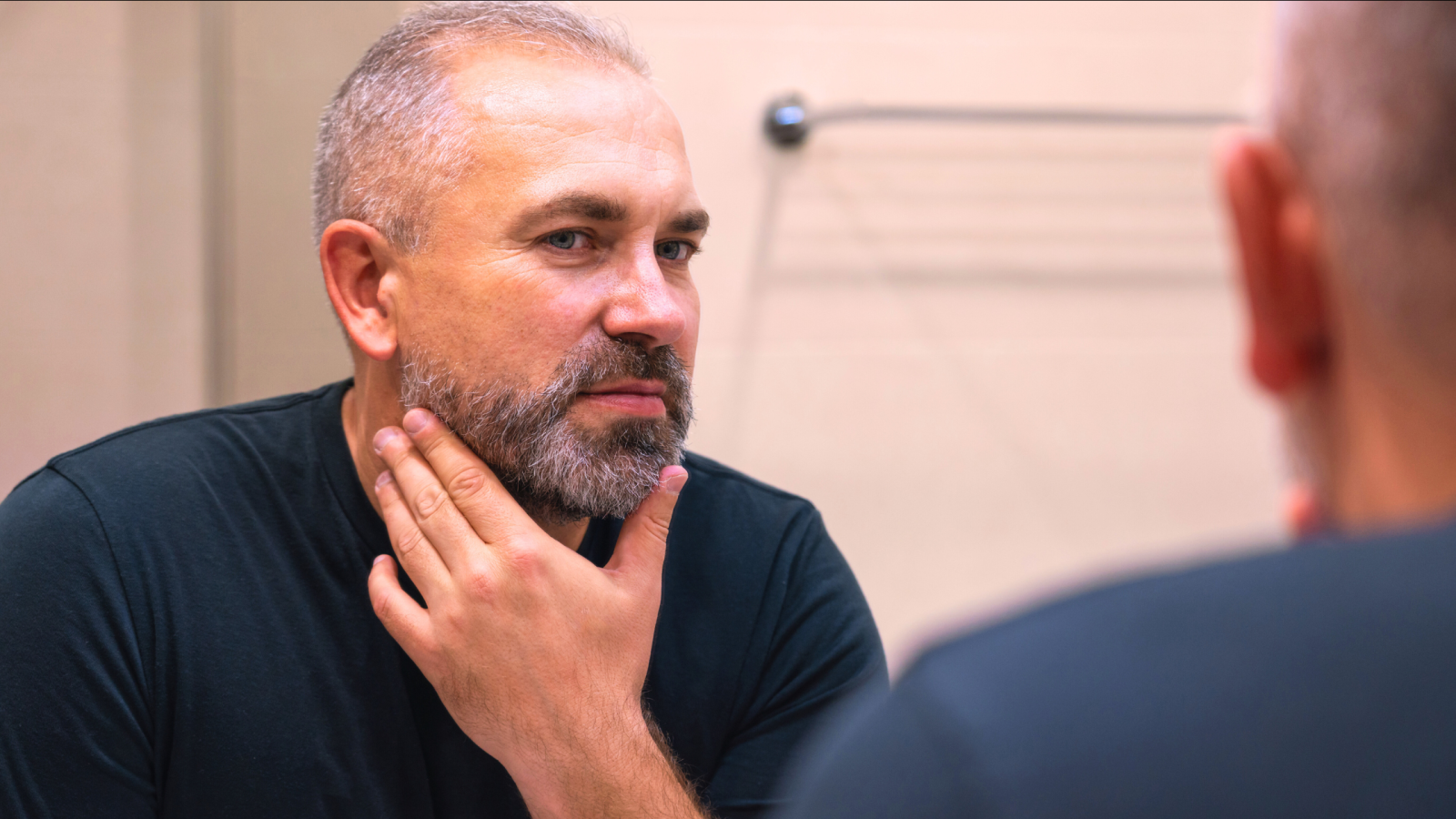Symptoms and diagnosis of mouth, head and neck cancer

Symptoms
The symptoms of head, neck and mouth cancers depend on where the tumour is.
Some common symptoms include:
- A sore or ulcer that does not heal – longer than 3 weeks
- A swelling or lump in your mouth or neck
- White or red patches in the lining of your mouth or on your tongue that don’t go away within 3 weeks
- Difficulty or pain on chewing and swallowing
- Sore throat or difficulty speaking
- Hoarseness
- Unexplained pain in your face, jaw or throat
- Numbness in your jaw, face and mouth for no known reason
- Unexplained loose tooth/teeth
- Earache, ringing in the ear or hearing problems
- Blocked or bleeding nose
- Changes in your breathing at rest
All these symptoms can be caused by conditions other than cancer, but it’s important to go to the GP and get any unusual changes checked out.
Can I be screened for mouth, head and neck cancer?
Testing for cancer when you have no symptoms is called screening. There is no national screening programme in Ireland. Most dentists will check your mouth for unusual changes when you go for a check-up. If you’re worried about mouth head and neck cancer, go to your GP or dentist.
Diagnosing mouth, head and neck cancer
Your family doctor (GP) will talk to you about your symptoms. They will examine you and may do blood tests. Sometimes a dentist will notice an abnormal change during a routine check-up.
Your GP or dentist will refer you to hospital if they think you need more tests. Other tests you might have include:
Physical examination: A specialist will inspect your mouth, throat, tongue, nose and neck for changes or lumps, using a small mirror. Your neck, lips, gums and cheeks will be checked for lumps.
Scopes: Using a flexible tube with a light and a camera to look for unusual changes in your nose or throat area. For example, a nasendoscopy or panendoscopy. A biopsy may be taken during the scope.
X-rays: Of your jaw and chest.
Biopsy: Taking a sample of cells and checking them for cancer under a microscope.
Fine needle aspiration cytology: Your doctor uses a fine needle and syringe to take a sample of cells. The cells will be examined under a microscope.
Genetic tests: Testing for a protein marker called P16, which shows if your cancer is HPV positive. HPV positive tumours respond well to certain types of treatment.
Microlaryngoscopy: This test will let your doctor examine your larynx more clearly and take a sample of cells. A thin metal tube with a light and microscope on the end (laryngoscope) is passed down your throat. You’ll have a general anaesthetic for this test.

Ear, nose and throat (ENT) specialists, oral surgeons and maxillofacial surgeons are doctors who specialise in treating diseases in the mouth, head and neck areas.
For more information
Phone
1800 200 700


